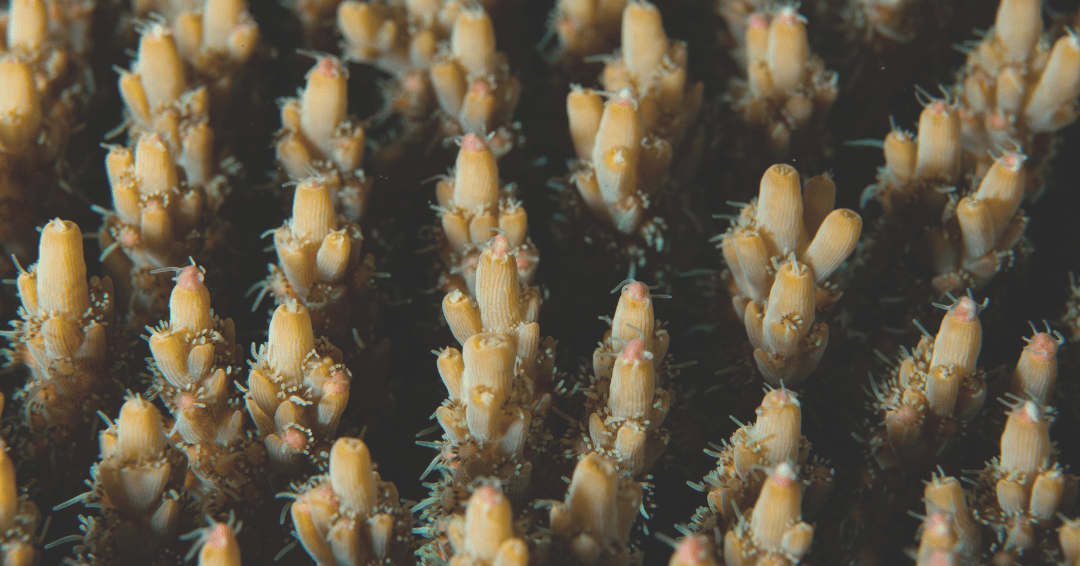Project title: Seabug, An Unmanned IoT Vessel Using Nature Based Solutions to Improve Water Quality for Reef Ecosystems in Indonesia
Lead applicant: Prof. Fatma Lestari
Co-applicants: Dr. Adonis Muzanni, Dr. Agus Roma Purnomo
Countries involved: Indonesia
Takes place: Kepulauan Seribu (Jakarta Province), Karimunjawa Island (Central Java Province), and Menjangan Island (Bali Province)
Supporting institutions: Disaster Risk Reduction Center Universitas Indonesia, National Park Region I Karimunjawa National Park Center
Total budget: USD 99,860
Duration: 24 months
Project overview
Water quality degradation in Indonesia, driven in large part by overtourism, is a major threat to coral reef health. It is well established that increased water turbidity compromises the basic functioning of these ecosystems. In fact, corals require very low turbidity levels (<5 NTU) to sustain photosynthesis, and elevated turbidity has a severe negative impact on their survival. Mortality of existing coral reefs due to declining water quality has been documented across the region. Yet current solutions are limited, fragmented, and largely reactive, typically relying on manual water clean-up and turbidity measurements — activities that are labor-intensive and have minimal impact. The lack of affordable, practical technology and limited community knowledge and skills exacerbates the problem. If left unaddressed, both coral reefs and the coastal communities that depend on them face significant long-term consequences.
Addressing turbidity is therefore an urgent priority for Southeast Asian waters. This project aims to fill this gap by developing a low-cost, unmanned vessel capable of measuring turbidity in real time and activating an autonomous filtration system using mussel shells. This innovative approach provides a practical and scalable solution that can be implemented by local communities, particularly in low- and middle-income areas.
During the development and deployment of the vessel and filtration system, the team will engage the local community through a series of hands-on training sessions, building local capacity to monitor and improve water quality independently. By combining technology and community engagement, the project seeks to restore healthier waters, safeguard coral reefs, and support the resilience of coastal communities.
Specific objectives
- Develop a fully functional autonomous vessel prototype that can measure water turbidity in real-time and filter the water using nature-based solutions.
- Improve water quality and coral reef health in multiple Indonesian regions by reducing turbidity.
- Train local communities to use the vessel for local reef management.
How the objectives will be met
- Autonomous vessel prototype:
- Design and co-develop a prototype vessel together with local stakeholders (universities, NGOs, fishers, conservationists) to ensure it is tailored to regional needs, capabilities, and environmental conditions. Nature-based remediation modules using mussel shells will be developed and tested.
- Improve water quality and coral reef health:
- Deploy the vessel in three regions across Indonesia: Kepulauan Seribu (Jakarta Province), Karimunjawa Island (Central Java Province), and Menjangan Island (Bali Province).
- Measure water turbidity and reef mortality before and after the deployment of the vessel.
- Training local communities: host training sessions for local stakeholders — fishers, academics, and reef nursery managers — focused on vessel operation, maintenance, and data interpretation. The team will also organize train-the-trainer sessions to enable scaling up and wider adoption of the project.
Impact of the project
- Low-cost, modular and easily replicable autonomous vessel that can monitor water turbidity levels and assist in its bioremediation.
- Reduced turbidity levels and coral mortality at three Indonesian regions.
- Increased skill and knowledge of the local communities.
Major highlights
- Co-design the vessel with the local community, fostering a shared sense of ownership and facilitating the adoption of the technology.
- Locally sourced components and open-source technologies.

